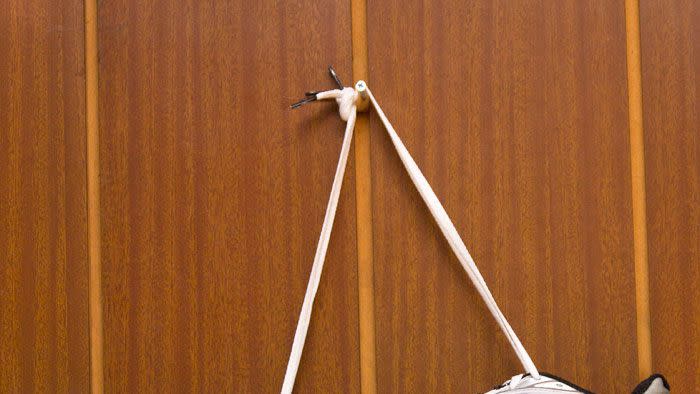How to Properly Rest from Your Workout

Getty Images
Rest days are an essential part of training. While they may seem like you're slacking and make you worry that you won't build strength or increase speed or lose weight, time off allows your body and mind to fully recover and grow. (Find a variety of
Think about how you feel after a poor night's rest: Your cognitive skills are fuzzy and your body starts to fall into a catabolic (breaking down) state, which can skyrocket stress, sap muscle strength, and cause mood shifts.
The same fatigue happens on the body when you don't allow it to recover from high-intensity exercise. Never taking a day off sets the body up for a breakdown. You become more susceptible to severe muscle soreness, a suppressed immune system, improper sleep, a decrease in strength and performance, and injury. Rest days also benefit your mind: Scheduling a mandatory break from training will help you get excited to jump back into your program.
How Often Should I Rest?
If you are starting out with a new exercise program or are a beginner exerciser, rest every third day (that is, exercise two consecutive days and rest the third). More experienced exercisers should remain inactive or take an active recovery day once a week. In addition, every eight weeks include a week where you de-train, or decrease your training load.
What Constitutes "Rest"?
How inactive you are on your rest day depends on the intensity of your workouts leading up to it. For example, if you are killing it in the gym day in and day out, your rest day should be a day completely off from taxing your body. You might go for a casual walk at most, but no great effort to do more physical work than necessary should be made (read: no gym!). However, if your workouts have been light to moderate intensity all week or you're a beginner exerciser, you can take a more active recovery day. That might include playing a sport outside, taking a yoga class, or going for a longer walk.
During your de-training week every eight weeks, decrease the intensity on your training load and incorporate more stretches into your program.
And don't forget that any activity you do on your rest day should also help your mind take a break. Whether that's yoga, a walk in the park, or taking the dog out with your spouse, do whatever clears your head and stops you from thinking about counting reps or reaching your goal. You'll be ready to get back in the gym once you've had your time off.

